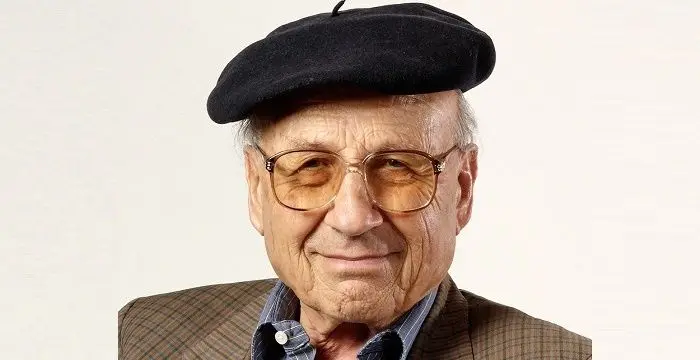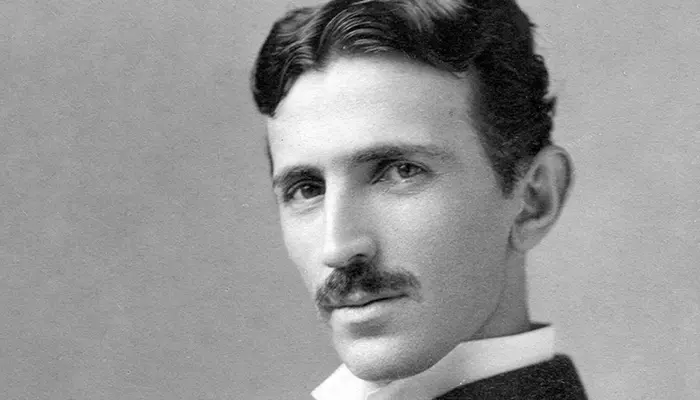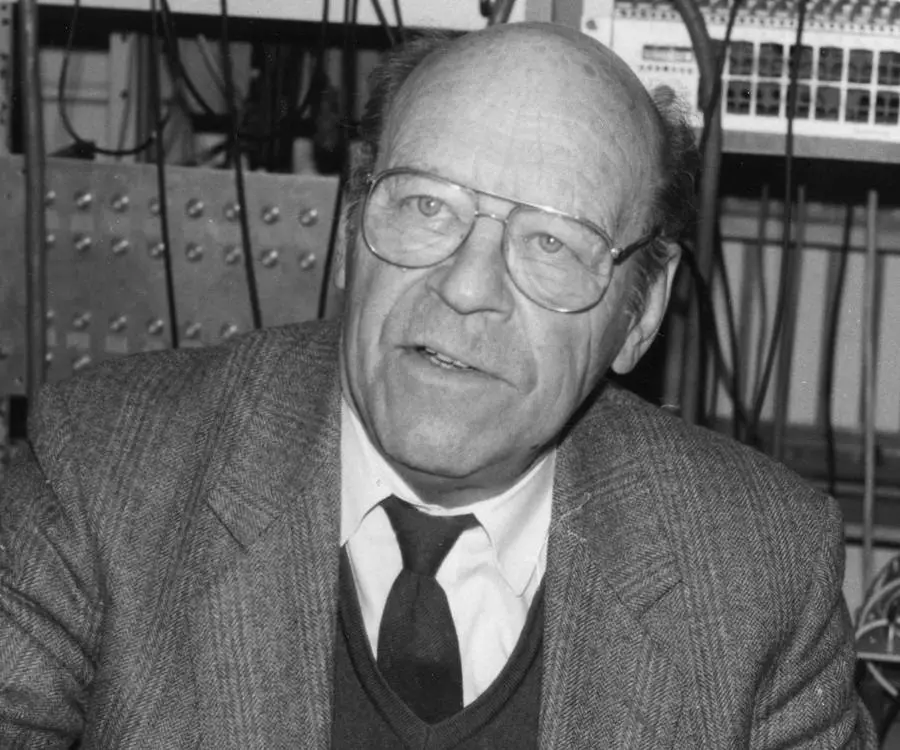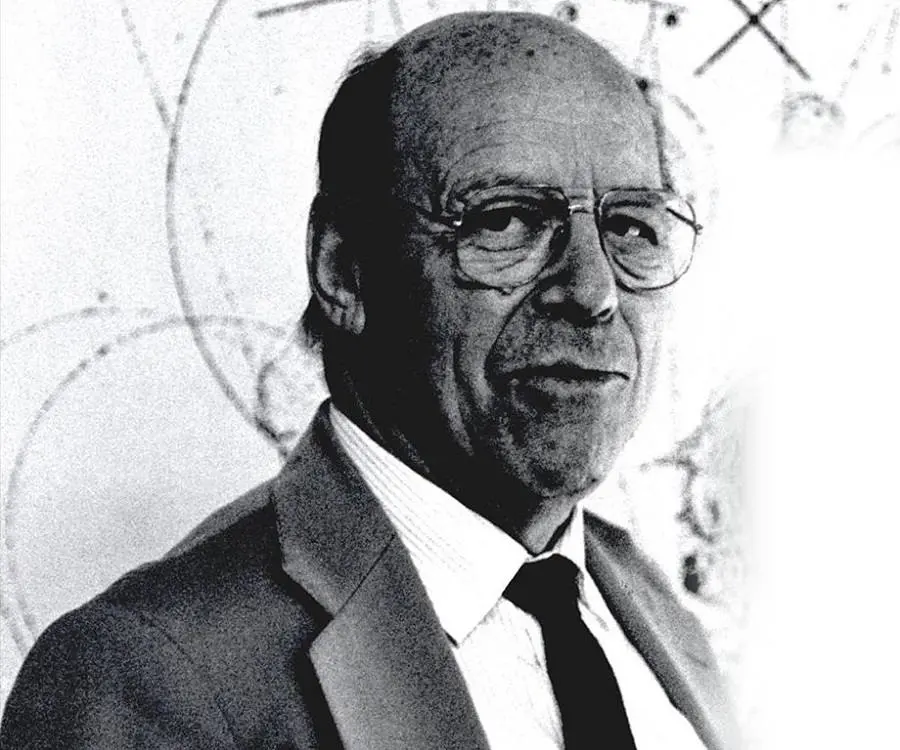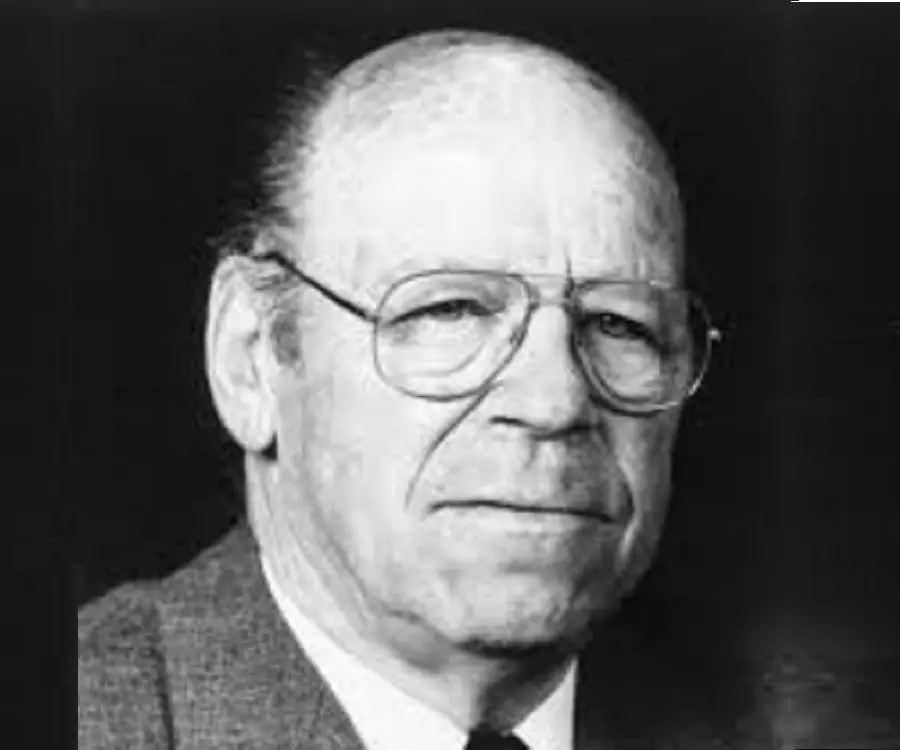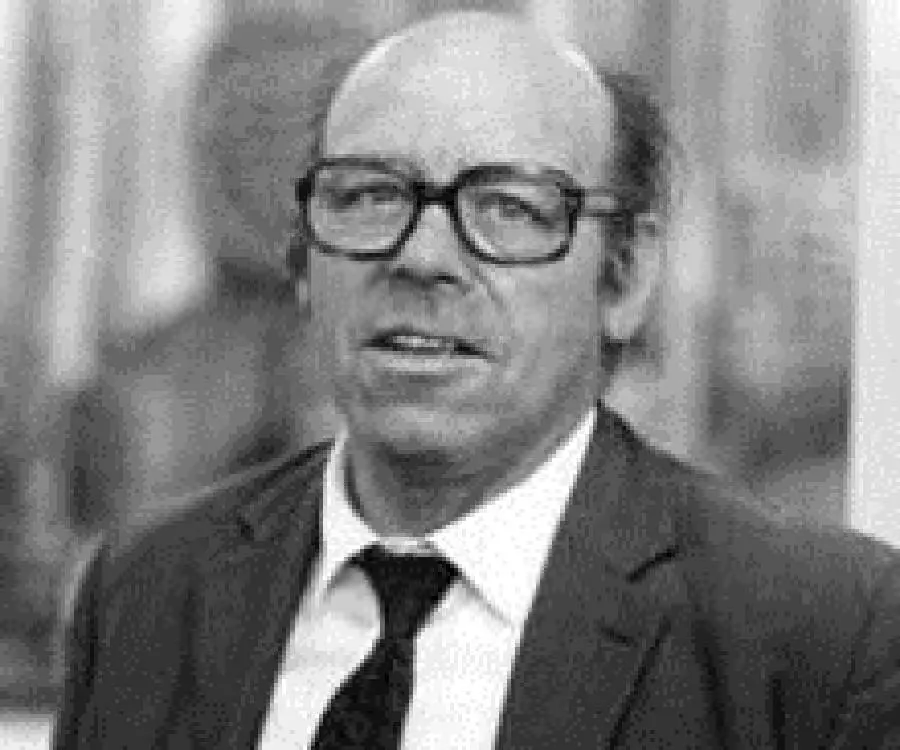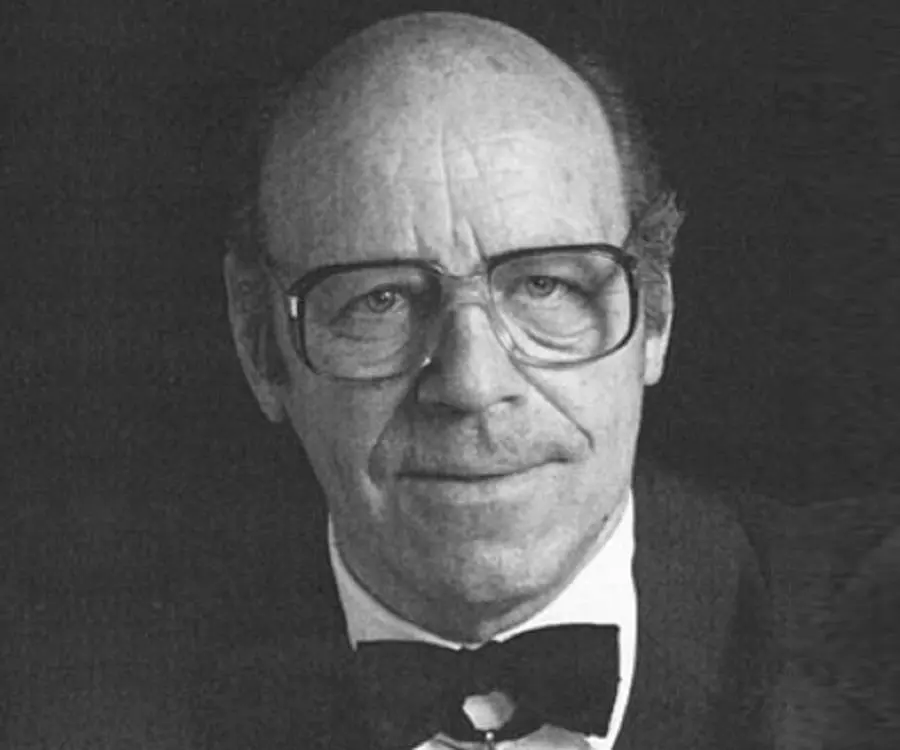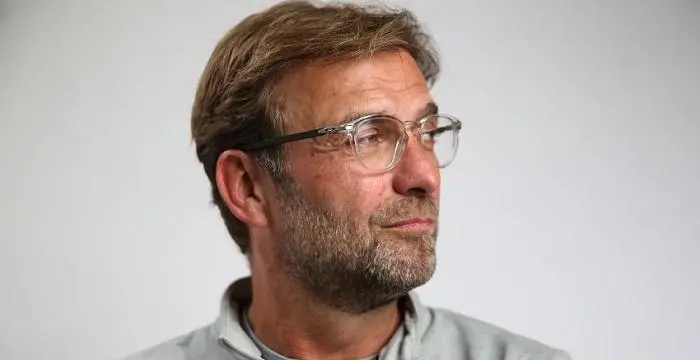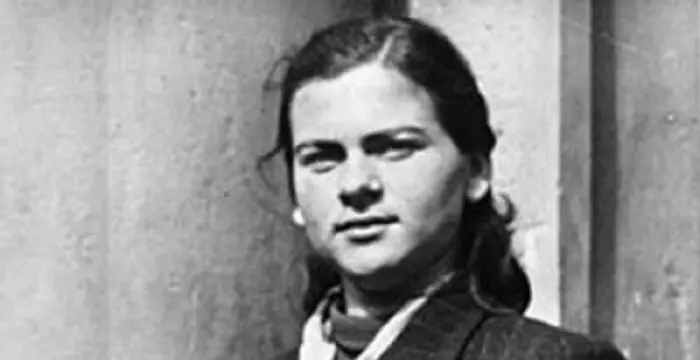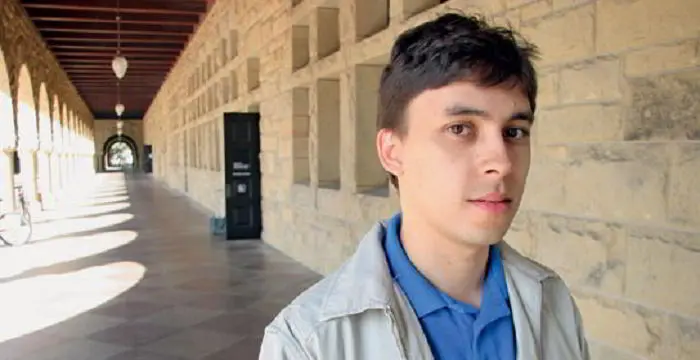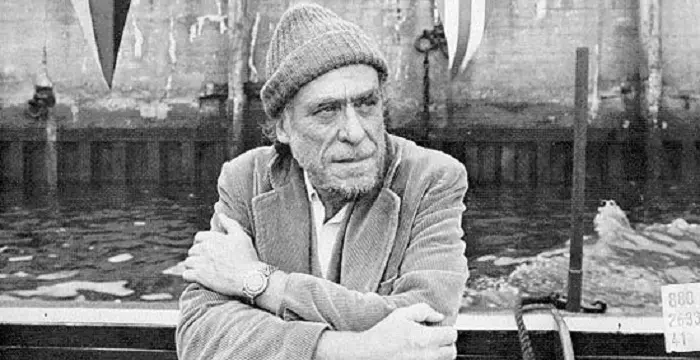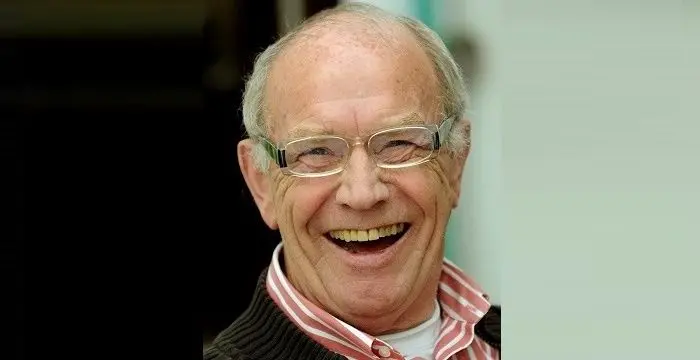
Wolfgang Paul - Scientists, Career and Childhood
Wolfgang Paul's Personal Details
Wolfgang Paul was a German physicist who shared one-half of the Nobel Prize for Physics in 1989
| Information | Detail |
|---|---|
| Birthday | August 10, 1913 |
| Died on | December 7, 1993 |
| Nationality | German |
| Famous | Scientists, Physicists |
| Spouses | Dr. Doris Walch, Liselotte |
| Universities |
|
| Birth Place | Lorenzkirch, Saxony, German Empire |
| Gender | Male |
| Father | Theodor |
| Mother | Elisabeth Paul |
| Sun Sign | Leo |
| Born in | Lorenzkirch, Saxony, German Empire |
| Famous as | Physicist |
| Died at Age | 80 |
// Famous Physicists
Henry Cavendish
Henry Cavendish was a theoretical chemist and physicist, renowned for discovery of hydrogen and calculation of the mass of earth. To know more about his childhood, profile, timeline and career read on
Walter Kohn
Nobel Laureate Walter Kohn was an Austrian-born American theoretical chemist and physicist. Check out this biography to know about his childhood, life, achievements, works & timeline.
Nikola Tesla
Nikola Tesla was a Serbian-American inventor, best known for his development of alternating current electrical systems. This biography of Nikola Tesla provides detailed information about his childhood, life, achievements, works & timeline.
Wolfgang Paul's photo
Who is Wolfgang Paul?
Wolfgang Paul was a German physicist who shared one-half of the Nobel Prize for Physics in 1989 with the German-born American physicist Hans G. Dehmelt. The other half of the prize was awarded to the American physicist Norman F. Ramsey. Paul received his share of the prize for his development of the Paul trap—an electromagnetic device that captures ions (electrically charged atoms) and holds them long enough for their properties to be accurately measured. His father was a professor of pharmaceutic chemistry, so Paul became familiar with the life of a scientist in a chemical laboratory quite early. Both his parents were in favor of humanistic education and Paul’s interest in science was awakened very early. After finishing the gymnasium in Munich with 9 years of Latin and 6 years of ancient Greek, history and philosophy, he decided to become a physicist. All through his student years he had very inspiring teachers who had a strong influence on his scientific thinking. His doctoral thesis was interrupted as the World War II was beginning and he was incorporated into the air force. Along with being a professor at the Bonn University for a long period he served as a member of many scientific committees in Germany and abroad.
// Famous Scientists
Juliane Koepcke
Juliane Koepcke is a German-Peruvian biologist, who was the lone survivor among the 92 passengers and crew of the ill-fated LANSA Flight 508 that crashed in the Peruvian rainforest on 24 December 1971. Know more about her life in this biography.
Henry Cavendish
Henry Cavendish was a theoretical chemist and physicist, renowned for discovery of hydrogen and calculation of the mass of earth. To know more about his childhood, profile, timeline and career read on
Konstantin Tsiolkovsky
Konstantin Tsiolkovsky was a Russian rocket scientist and a pioneer of astronautics. This biography provides detailed information about his childhood, family, personal life, career, achievements, etc.
Childhood & Early Life
Wolfgang Paul was born on August 10, 1913 in Lorenzkirch, a small village in Saxony, German Empire, as the fourth child of Theodor and Elisabeth Paul. His parents had six children.
Paul grew up in Munich where his father was a professor of pharmaceutic chemistry at the university. He became familiar with the life of a scientist in a chemical laboratory quite early. His father passed away when Paul was still a schoolboy.
After finishing the gymnasium in Munich with 9 years of Latin and 6 years of ancient Greek, history and philosophy, he decided to become a physicist.
Arnold Sommerfeld, his father’s colleague at the university, advised him to begin with an apprenticeship in precision mechanics.
Later, in the fall 1932, he commenced his studies at the Technische Hochschule München.
After his first examination in 1934 he turned to the Technische Hochschule in Berlin, where he became a student of Hans Kopfermann who showed great interest in Paul’s studies.
At the same institution, he was taught by theorist Richard Becker, and both Hans Kopfermann and Richard Becker had a strong influence on Paul’s scientific thinking.
Not only did the two men influence Paul’s approach to science but also had a deep influence on his political attitude during the time of the World War. This later led to Paul signing the declaration of the ‘Gottinger Eighteen’ in 1957, a declaration of 18 leading nuclear scientists of West Germany against arming the West German army with tactical nuclear weapons.
In 1937 after his diploma exam he followed Kopfermann to the University of Kiel where he had just been appointed Professor Ordinarius.
For his doctoral thesis he chose the determination of the nuclear moments of Beryllium from the hyperfine spectrum. He developed an atomic beam light source to minimize the Doppler Effect. But just before he could finish the thesis he was drawn in to the air force a few days before the war started. Fortunately, a few months later he got a leave of absence to finish his thesis and to take his doctoral exam at the TH Berlin. In 1940 he was exempted from military service.
Again he joined the group around Kopfermann which 2 years later moved to Gottingen. There in 1944 he became Privatdozent, an academic title that denotes a person’s ability to teach independently at university level, at the university.
Career
In his days as professor at the university he worked in mass spectrometry and isotope separation together with W. Walcher. When they heard of the development of the betatron by D. Kerst in the United States and also of a similar development by Gund at Siemens Company, Kopfermann saw immediately that scattering experiments with high energy electrons would enable the study of the charge structure of nuclei. He convinced Paul to turn to this new and very promising field of physics and Paul soon participated in the first test measurements at the Siemens laboratory. After the war they succeeded in getting this accelerator to Gottingen.
But due to the restriction in physics research imposed by the military government he turned for a few years his interest to radiobiology and cancer therapy by electrons in collaboration with his colleague G. Schubert from the medical faculty.
Besides, they performed some scattering experiments and studied first the electric disintegration of the deuteron, and for the first time they measured the Lamb shift in the He-spectrum with optical methods.
In 1952 he was appointed Professor at the University of Bonn and Director of the Physics Institute. Here he started new activities: molecular beam physics, mass spectrometry and high energy electron physics with his students.
The quadrupole mass spectrometer and the ion trap were conceived and studied in many respects by research students. And with the generous support of the Deutsche Forschungsgemeinschaft, Paul and his colleagues built a 500 MeV electron synchrotron, the first in Europe working according to the new principle of strong focusing. It was followed in 1965 by a synchroton for 2500 MeV.
Awards & Achievements
Paul won the Nobel Prize for physics in 1989 for his development of the Paul trap—an electromagnetic device that captures ions (electrically charged atoms) and holds them long enough for their properties to be accurately measured.
He served as an advisor at CERN due to his experience in accelerator physics.
He served as a member and later chairman of the Scientific Policy Committee. He also served the scientific delegate of Germany in the CERN-Council for many years.
For a short period he was chairman of ECFA, the European Committee for Future Accelerators.
Personal Life & Legacy
Paul was married to Liselotte and they had four children, two daughters and two sons. Both his sons became physicists and participated in research with Paul.
After the death of his first wife, Paul married Dr. Doris Walch, teaching medieval literature at the University of Bonn.
Paul died on 7 December 1993 at the age of 80 in Bonn, North Rhine-Westphalia, Germany.
// Famous Leo Celebrities peoples
Eugenia Cooney
Check out all that you wanted to know about Eugenia Cooney, the famous American Vlogger & YouTube Personality; her birthday, her family and personal life, her boyfriends, fun trivia facts and more.
Princess D
Princess D (Destiny Indira Cox) is an American rapper, dancer and social media personality. Let’s have a look at her family and personal life including age, birthday, net worth, and fun facts.
Payton Moormeier
Payton Moormeier is an American social-media personality best known for his musical.ly videos. Check out this family, personal life, etc.
Wolfgang Paul's awards
| Year | Name | Award |
|---|---|---|
Other | ||
| 0 | Nobel Prize in physics (1989) | |
| 0 | Dirac Medal (1992) | |
Wolfgang Paul biography timelines
- // 10th Aug 1913Wolfgang Paul was born on August 10, 1913 in Lorenzkirch, a small village in Saxony, German Empire, as the fourth child of Theodor and Elisabeth Paul. His parents had six children.
- // 1932Later, in the fall 1932, he commenced his studies at the Technische Hochschule München.
- // 1934After his first examination in 1934 he turned to the Technische Hochschule in Berlin, where he became a student of Hans Kopfermann who showed great interest in Paul’s studies.
- // 1937In 1937 after his diploma exam he followed Kopfermann to the University of Kiel where he had just been appointed Professor Ordinarius.
- // 1940For his doctoral thesis he chose the determination of the nuclear moments of Beryllium from the hyperfine spectrum. He developed an atomic beam light source to minimize the Doppler Effect. But just before he could finish the thesis he was drawn in to the air force a few days before the war started. Fortunately, a few months later he got a leave of absence to finish his thesis and to take his doctoral exam at the TH Berlin. In 1940 he was exempted from military service.
- // 1944Again he joined the group around Kopfermann which 2 years later moved to Gottingen. There in 1944 he became Privatdozent, an academic title that denotes a person’s ability to teach independently at university level, at the university.
- // 1952In 1952 he was appointed Professor at the University of Bonn and Director of the Physics Institute. Here he started new activities: molecular beam physics, mass spectrometry and high energy electron physics with his students.
- // 1957Not only did the two men influence Paul’s approach to science but also had a deep influence on his political attitude during the time of the World War. This later led to Paul signing the declaration of the ‘Gottinger Eighteen’ in 1957, a declaration of 18 leading nuclear scientists of West Germany against arming the West German army with tactical nuclear weapons.
- // 1965The quadrupole mass spectrometer and the ion trap were conceived and studied in many respects by research students. And with the generous support of the Deutsche Forschungsgemeinschaft, Paul and his colleagues built a 500 MeV electron synchrotron, the first in Europe working according to the new principle of strong focusing. It was followed in 1965 by a synchroton for 2500 MeV.
- // 1989Paul won the Nobel Prize for physics in 1989 for his development of the Paul trap—an electromagnetic device that captures ions (electrically charged atoms) and holds them long enough for their properties to be accurately measured.
- // 7th Dec 1993Paul died on 7 December 1993 at the age of 80 in Bonn, North Rhine-Westphalia, Germany.
// Famous German peoples
Jordan Carver
Jordan Carver is a famous German model. Let’s take a close look at her personal life, including her age, career, net worth, achievements and some fun facts.
Jürgen Klopp
Jürgen Klopp is a German football manager, and a former professional football player. Check out this biography to know more about his childhood, family, personal life, etc.
Irma Grese
Irma Grese was a notorious German Nazi concentration camp guard during the Second World War. This biography profiles her childhood, life, horrifying acts, death and other facts.
Juliane Koepcke
Juliane Koepcke is a German-Peruvian biologist, who was the lone survivor among the 92 passengers and crew of the ill-fated LANSA Flight 508 that crashed in the Peruvian rainforest on 24 December 1971. Know more about her life in this biography.
Jawed Karim
Jawed Karim is a German-American internet entrepreneur, technologist and co-founder of the video-sharing website, YouTube. Check out this biography to know about his childhood, family, personal life, achievements, age, etc.
Charles Bukowski
Charles Bukowski was a German-born American novelist, short story writer and poet. With this biography, learn in details about his childhood, life, works, career and timeline
Wolfgang Paul's FAQ
What is Wolfgang Paul birthday?
Wolfgang Paul was born at 1913-08-10
When was Wolfgang Paul died?
Wolfgang Paul was died at 1993-12-07
Where was Wolfgang Paul died?
Wolfgang Paul was died in Bonn
Which age was Wolfgang Paul died?
Wolfgang Paul was died at age 80
Where is Wolfgang Paul's birth place?
Wolfgang Paul was born in Lorenzkirch, Saxony, German Empire
What is Wolfgang Paul nationalities?
Wolfgang Paul's nationalities is German
Who is Wolfgang Paul spouses?
Wolfgang Paul's spouses is Dr. Doris Walch, Liselotte
What was Wolfgang Paul universities?
Wolfgang Paul studied at Technical University of Berlin, University of Göttingen, Technische Universität München
Who is Wolfgang Paul's father?
Wolfgang Paul's father is Theodor
Who is Wolfgang Paul's mother?
Wolfgang Paul's mother is Elisabeth Paul
What is Wolfgang Paul's sun sign?
Wolfgang Paul is Leo
How famous is Wolfgang Paul?
Wolfgang Paul is famouse as Physicist

